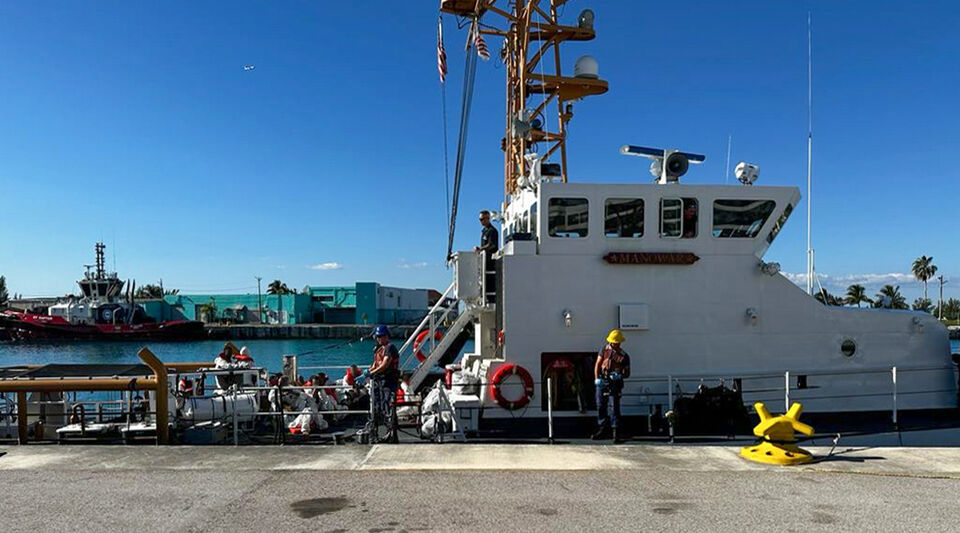There will be interference by the SRE in the voting of residents abroad, accuses the electoral body
Fabiola Martinez
Newspaper La Jornada
Sunday January 15, 2023, p. 8
By 2024, Mexicans residing abroad will be able to exercise their right to vote only electronically, unlike today, which can also be done by mail, the Internet, and in person.
Although this aspect is considered beneficial by advisers of the National Electoral Institute (INE), it is also worrying that – due to the electoral reform, whose legislative process concludes next month – the passport and consular registration are accepted as identification.
Counselor Carla Humphrey, president of the Electoral Organization Commission, said that with this measure there will be interference from the Mexican Foreign Service. Both elements, both the admission of an identification other than the voting card with a photograph and the review of the nominal list by the Ministry of Foreign Affairs (SRE), are considered unconstitutional and, therefore, a subject of imminent controversy before the Supreme Court. of Justice of the Nation and/or the Electoral Tribunal of the Judicial Power of the Federation.
One of the notable changes – which will be applied in the 2024 election – is the one that limits the vote of Mexicans residing abroad to electronic mechanisms, which is positive and is in accordance with the intention of the majority of Mexicans. , but at the same time worrying
that the SRE participate in the matter when validating the list of potential voters, which would lessen certainty
to the register
Regarding the first point, Humphrey stated in an interview that It is clearly contrary to what the Constitution establishes
.
Additionally, the documents issued by the Foreign Ministry have a cost, while the voting card is free and its security mechanisms are among the highest to which Mexicans have access, he added.
On a general scale, the vote of compatriots was launched in Mexico City in the 2011-2012 process, and in the INE until 2020.
In the almost five processes carried out since then – including extraordinary contests – more than 65 percent of Mexicans residing outside our country choose this way to vote. Another benefit for this sector is that it is an early vote on election day.
In this year’s elections, people from Mexico and Coahuila will be able to vote through one of the following three alternatives: postal, electronic, and in person at four consulates (Dallas, Los Angeles, Chicago, and Montreal).
Registration to exercise this right expires in a little less than two months, on March 10.
For now, for the election in the state of Mexico there are 3,718 people registered (59 percent chose electronic voting, 35 percent postal and only 5 percent in person), while in Coahuila there are currently 1,626 people (56 percent have chosen the electronic route; postal, 39 percent, and face-to-face, 4.4 percent).















